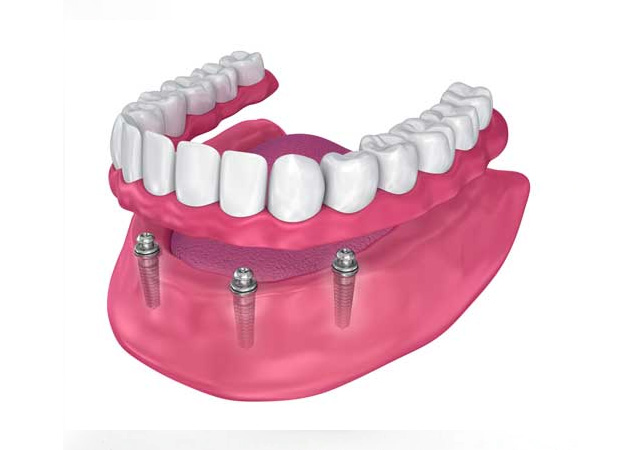complete denture & RPD

Generally speaking, there are two types of removable dental prosthesis – removable partial dentures for people who are missing some of their teeth, and complete dentures for people who are missing all of their teeth. Tooth decay, gum disease, and facial injuries can lead to tooth loss. Depending on how many teeth are lost, dentures may be necessary.
Types of denture
There are many different types of dentures available. The type of denture that is best for you depends on the condition of your oral health and your lifestyle. The most common types of false teeth include:
Complete Dentures.
Complete dentures, also known as full dentures, are removable replacements for a patient’s entire set of teeth. They are completely customized and restore the shape and look of natural teeth. Conventional dentures also improve mastication, which means the patient can crush, grind, and eat food normally again.
If your chewing functions were normal before denture placement, the functions will be much less than with natural teeth or implants. The lack of anchorage in the bone means you are not able to produce as much chewing force.
Many patients also develop speech impediments, such as a lisp, with complete dentures. This is due to the thickness of the material covering the palate (which is necessary and cannot be thinned). Some people adapt to it over time, while others do not.
Complete dentures are the last option for a patient after all other tooth restoration options are ineffective. False teeth do not prevent bone shrinkage, and sometimes, poorly fitting teeth can contribute to it. Only a dental implant will preserve the bone and prevent it from shrinking after tooth loss.
Candidates for complete dentures include:
Elderly Patients — a “complete edentulous situation” (lack of teeth) is most common in elderly people (65+). This is because tooth loss relates to age, especially geriatric patients (those with diseases and problems due to old age).
Younger Patients — in rare cases, young patients may also be candidates for complete dentures. This is only the case if they lost all or their teeth due to an injury or from severe tooth decay.
Complications with partial or complete dentures
Denture slippage is a common denture problem. New dentures take time to get used to. At first, you might notice your denture slipping out of place when you talk or eat. If the dentures continue to slip, there might be a fit issue that needs to be adjusted by your dentist. For example, the metal framework or resin clasps might not fit snugly enough to hold the dentures in place.
Denture slippage can also happen to people who have had their dentures for a while. Over time, the remaining teeth can shift or the gum tissue can recede. Dentures that once fit perfectly can start to feel loose and uncomfortable. If this happens, see your dentist. The dentures can be adjusted or re-made if necessary. In some cases, a denture adhesive could help.



